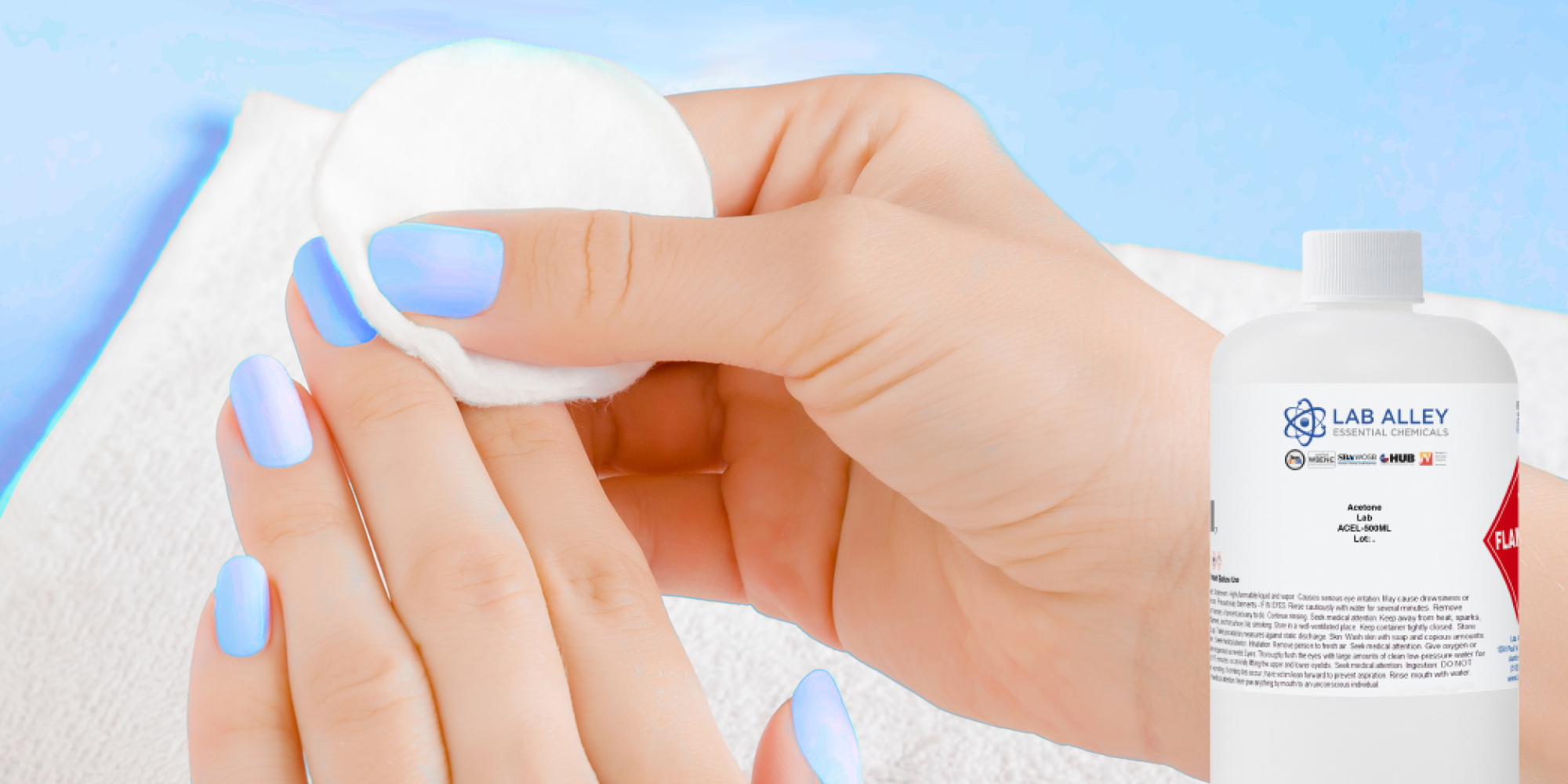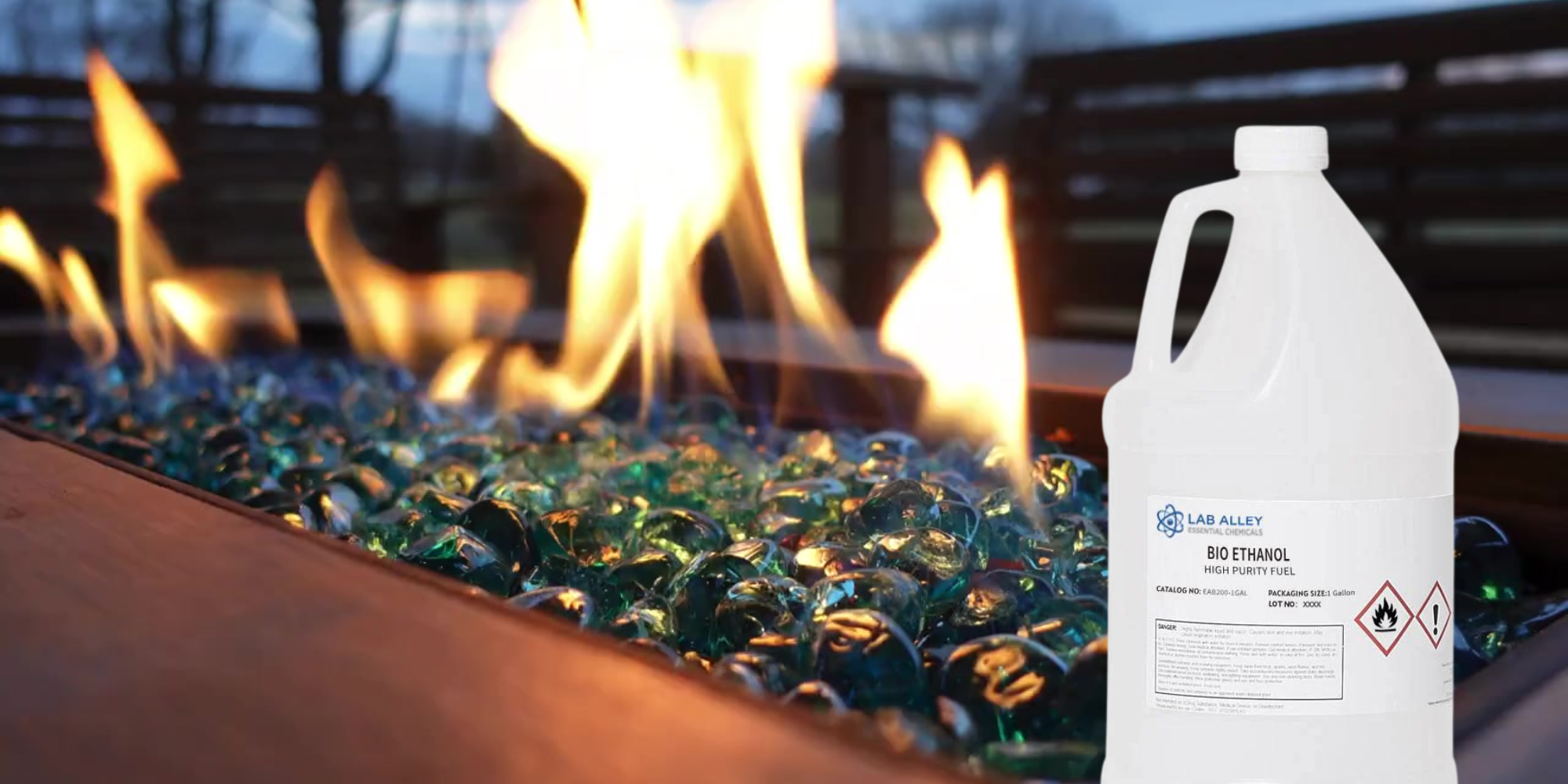Make Preservatives with Glycerin

Glycerin is a ubiquitous compound, not only on food and cosmetic labels, but throughout nature. Learn about the multi-faceted nature of this compound, and how its famous humectant properties contribute to a natural preservative effect. Across industries, a valuable tactic is learning how to make preservatives with glycerin. What is glycerin? Glycerin or glycerol (IUPAC […]










